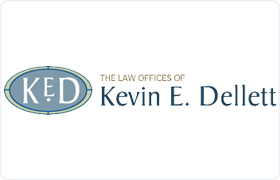 Shawnee DUI-DWI Lawyers, Kansas
Shawnee DUI-DWI Lawyers, Kansas
Sponsored Law Firm
-
 x
x

Click For More Info:
-
The Law Offices of Kevin Dellett
4630 West 137th Street, Suite 200 Leawood, Kansas 66224» view mapMotor Vehicle Effective Aggressive Legal Assistance
The Law Office of Kevin Dellett was founded on a commitment to providing personalized attention and creative and determined representation.
800-881-4691
Lawyers
1-10 of 13 matches
Criminal, DUI-DWI, Traffic, White Collar Crime, Child Custody
Farms, Alimony & Spousal Support, Child Support, DUI-DWI, Motor Vehicle
Computer Law, Federal, DUI-DWI, Criminal, Car Accident
Traffic, Domestic Violence & Neglect, DUI-DWI, Criminal, White Collar Crime
Juvenile Law, Misdemeanor, Felony, DUI-DWI, Criminal



 Kevin Dellett Leawood, KS
Kevin Dellett Leawood, KS AboutThe Law Offices of Kevin Dellett
AboutThe Law Offices of Kevin Dellett Practice AreasExpertise
Practice AreasExpertise